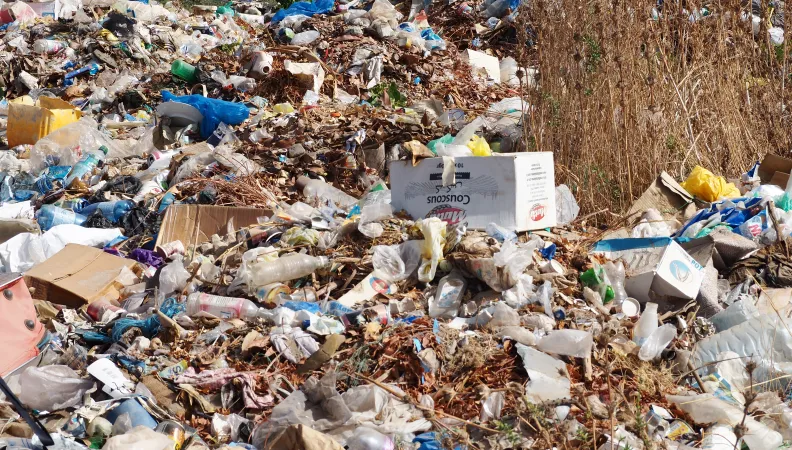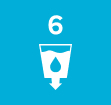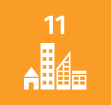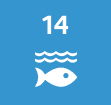Share the page
Better management of plastic waste, in accordance with the Basel Convention (BRS)
Project


-
Project start date
-
Status
In progress
-
Estimated date of project termination
-
-
Project financing date
-
-
Financing duration
-
3 years
-
Type of program
-
FFEM
-
Global financing amount
-
6666600 €
-
FFEM financing amount
-
2000000 €
-
Project lead member institution(s)
-
Ministry of the Ecological Transition, Biodiversity, Forests, Sea and Fisheries
-
Country and region
-
Cape Verde, Senegal
-
Type of financing
-
Grant
-
Beneficiaries
-
Secretariat of the Basel, Rotterdam and Stockholm (BRS) Conventions
-
Type of beneficiary
-
International organisation




In line with the principles of the Basel Convention, the project supported by the FFEM aims to better protect human health and the environment against the adverse impacts of plastic waste in Cape Verde, Senegal and the French-speaking countries of West Africa, by enhancing capacities for the control, management and reduction of plastic waste.
Context
Cape Verde and Senegal seek to actively combat plastic pollution, as they are particularly impacted by this waste. As parties to the Basel Convention, these countries have asked for technical assistance with a view to controlling the movements of such waste across borders, managing them in an ecologically-sound manner and reducing their production.
The project aims to support these countries, as well as West-African French-speaking nations, in an innovative and integrated global approach to enable them to fulfil their obligations under the plastic waste amendments to the Basel Convention which came into force in 2021. At the same time, it is preparing them for the future obligations of a legally-binding global agreement on plastic pollution to be drafted by 2024.
Description
The project has 5 components:
- Controlling the movements of plastic waste from one country to another.
- Managing plastic waste in an ecologically-sound way, i.e. ensuring the protection of human health and the environment against the harmful effects of such waste and encouraging its reduction at source.
- Implementing pilot projects for the ecologically-sound management of plastic waste and reducing its production and con-sumption.
- Communicating and raising awareness of the actions put in place.
- Monitoring and evaluating the results.
Outcomes
- Reduction in the illegal traffic of plastic waste.
- Increase in the percentage of plastic waste being managed in an ecologically-sound way.
- Reduction in the amount of plastic waste generated annually per person.
- Reduction in the amounts of plastic waste ending up in the environment.
- Protection of human health and the environment against the adverse impacts of plastic waste.
Innovative and exemplary features
Senegal, Cape Verde and the French-speaking nations targeted by this project are among the first to benefit from technical support to implement the amendments made to the Basel Convention relating to plastic waste. They are also among the first to develop local strategies for the reduction and ecologically-sound management of plastic waste.
Furthermore, the pilot projects implemented offer a number of innovative solutions for the ecologically-sound management of waste and to reduce their production and consumption. They will enable the economic feasibility of alternative models to be demonstrated. The work undertaken in Senegal and Cape Verde will help to develop methods that are reproducible at regional level and, more widely, on a global scale.
Sustainable Development Goals
ODD6 Clean water and sanitation

ODD11 Sustainable cities and communities

ODD12 Responsible consumption and production

ODD14 Life below water



